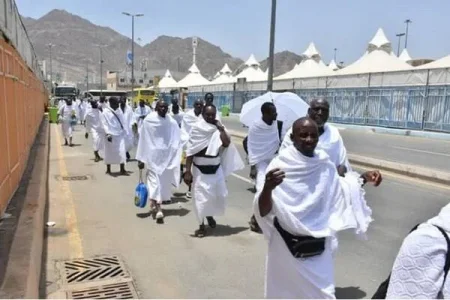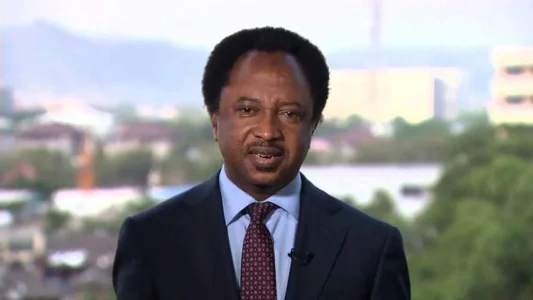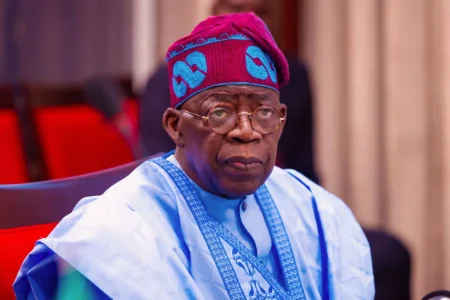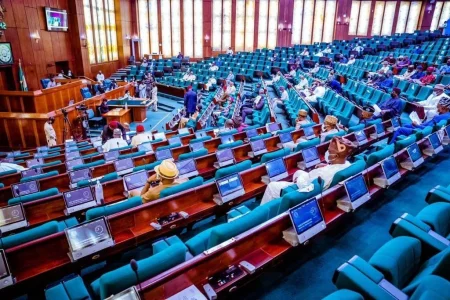
The Nigerian Federal Government has reportedly allocated a staggering sum of N90 billion to subsidize the 2024 pilgrimage to the Kingdom of Saudi Arabia, according to sources within the National Hajj Commission of Nigeria (NAHCON) speaking to Daily Trust on Thursday. The move, aimed at easing the financial burden on intending pilgrims, comes amidst a backdrop of economic challenges and public outcry.
The undisclosed source within NAHCON revealed that without this intervention, each intending pilgrim would have been required to add at least N3.5 million to the initial fare, which was pegged at N4.9 million. Furthermore, a top official at the Presidency confirmed that the government provided financial support for the hajj exercise, although the exact amount remained undisclosed.
The decision to subsidize hajj fares comes in the wake of a significant hike in fees announced by NAHCON in December last year, citing the foreign exchange crisis plaguing Nigeria. The fare, initially set at N4.9 million per pilgrim, was raised to N6.8 million, prompting concerns among prospective pilgrims.
While the subsidy aims to alleviate financial strain on pilgrims, it has sparked a wave of criticism and debate among Nigerians. Social media platforms erupted with reactions, with some expressing dismay at what they perceive as misplaced priorities amidst pressing national challenges. Others questioned the fairness of subsidizing religious activities over essential services like healthcare and education.
Critics argue that the substantial sum allocated for hajj subsidies could have been redirected to address critical issues such as food security, healthcare infrastructure, and education. Concerns were also raised about transparency surrounding the allocation of funds and the decision-making process behind the subsidy.
In response to the public outcry, government officials defended the subsidy, citing the importance of supporting religious activities and maintaining religious harmony in the country. However, calls for accountability and equitable distribution of resources persist among Nigerians, reflecting deeper societal concerns over governance and resource allocation.




